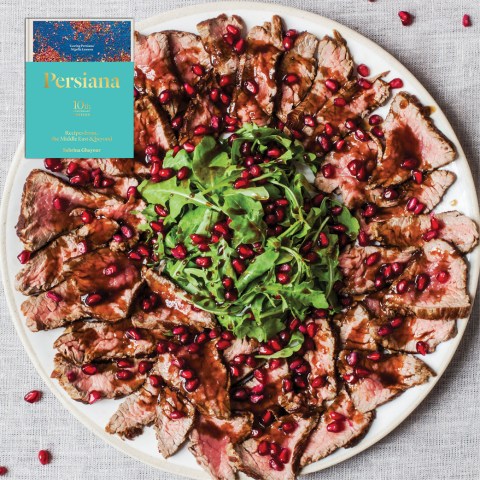Book of the Week: Distilled
As a business case study for spirits, China is fascinating. Previously closed to many foreign imports, the advent of the availability of good quality Scotch, Cognac, and other dark spirits in China has seen a boom time for many of the big producers and distributors of these products, who have successfully established a platform for their spirits as super-premium products, offering high profit margins in a country with huge market potential.
But China does have its own home-grown spirit, baijiu, made from a variety of grains such as wheat, barley, sorghum, and sometimes rice and beans. These are fermented either in chambers under the ground, in clay pots. The savoury-tasting baijiu is a popular accompaniment to food in China.
HOW IT’S MADE
Baijiu is often distilled in column stills, but a number of producers use traditional wood-lined, steam-fired Chinese stills. The spirit is then aged in clay jars, which, like a wooden cask, are porous enough to allow the spirit to breath and mellow. This also allows for baijiu producers to offer age ranges in their products, keeping them in line with much sought-after imported spirits, and fuelling a secondary market for rare and collectable vintages. Baijiu can be classed into five key classifications: strong, mild, soy sauce (a style that involves extra-long fermentation), rice, and compound (a mix of flavours favoured in baijius produced in the north of China), with one of the most highly regarded brands, Moutai, carrying powerful and sweet, soy-sauce-like aromas. Such is the rising demand for baijiu that Louis Vuitton Moët
Hennessy (LVMH), owner of Moët Champagne and premium single malt Scotch whiskies such as Glenmorangie and Ardbeg, have taken a majority stake in a brand called Wenjun. Following in its footsteps is the world’s leading drinks company, Diageo, owner of Johnnie Walker and Smirnoff, which now has a 51 per cent stake in Quanxing, another leading brand of baijiu.
WHAT DOES IT TASTE LIKE?
Baijiu has to be experienced to be understood. The flavours are herbal, slightly fruity, and
at times medicinal, coupled with a heavily fermented fruit-and-hay note. There is also a
distinct soy sauce note, giving it an unusual savoury flavour. It is not the most accessible of
spirits to the Western palate, but it appeals strongly to the Chinese consumer.
Extracted from Distilled: From absinthe & brandy to vodka & whisky, the world’s finest artisan spirits unearthed, explained & enjoyed by Joel Harrison & Neil Ridley. Available here.








